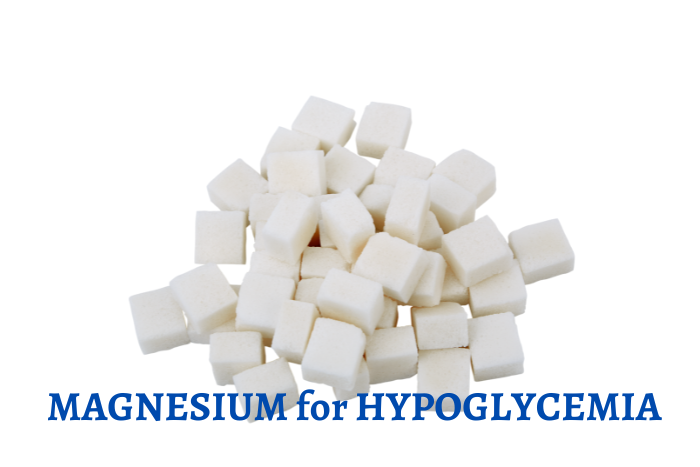
Magnesium for eclampsia is vital. It must be written in all prominent places where pregnant moms, dads, and families go. Magnesium can make a difference in people’s lives.
What is eclampsia?
Eclampsia is a terrible condition that can cause premature labor, premature birth, and cerebral palsy in the newborn. Eclampsia causes at least 76,000 maternal losses every year worldwide. This situation develops fast and leaves miserable families and spouses without wives, moms, or babies.
I read about eclampsia in Dr.Carolyn Dean’s book The Miracle Magnesium. She explains everything so quickly about the reasons and consequences of eclampsia.
Magnesium helps with eclampsia, preventing seizures, and calming and relaxing the body.
Characteristics of preeclampsia
- High blood pressure
- Hyperactive reflexes
- Edema
- The protein in the urine
- Changes in vision
- Headaches
These symptoms can cause seizures. It is called eclampsia.
In the book The Magnesium Miracle, Dr. Carolyn Dean writes about the woman, Mary, who had the symptoms described above. Fortunately, the situation for Mary improved thanks to the knowledgeable midwife.
The midwife gave recommendations to get magnesium because Mary’s prenatal supplement contained just 150 mg of magnesium. Mary needed 360 mg of magnesium to keep up with RDA for pregnant women. The midwife recommended 400 mg of elemental magnesium.
After taking sufficient doses of magnesium, positive changes and improvement were detected. Mary had less back and neck tension, constipation gone, energy returned, and blood pressure lowered.
Her obstetrician recognized that awareness about magnesium levels for pregnant patients must be increased.
Heart-wrenching stories from NPR
National Public Radio is an enormous source of information and a great one. Any topics you would like to analyze, learn, and discover are presented on NPR.
Yesterday, I turned the radio on and heard the sad story about women who lost their lives. Pre-eclampsia happened to them. You can listen to this story here. It seems such a helpless and horrible experience to these families.
Why do I want to share this story?
First, I was astonished to hear investigative stories from NPR. All NPR stories are extraordinary, but this resonated immensely. Why? I read Dr. Carolyn Dean’s book The Magnesium Miracle. She provides so much information about the importance of magnesium and how it works that I would give copies to everybody if I could. However, I hope that somebody will listen to this story and tell others. The information, the right one, based on facts and scientific research, is a king.
Second, I heard the magnesium sulfate, and it could not leave me just sitting here and being sorry for these tragedies.
I found this story and reread the transcript, and yes, magnesium is mentioned here as magnesium sulfate.
Here, you can see the excerpt from the whole transcript provided by NPR and ProPublica’s joint investigation.

You can read or hear the entire story from NPR here. I wish that you would never experience a situation like this one. Magnesium is a pure mineral found in Earth’s crust. Our bodies do not produce magnesium. We must get it with food or drink. Unfortunately, individuals do not get enough magnesium to keep up with challenges in life from the diet.
Magnesium for eclampsia is essential as the missing mineral. Magnesium makes a difference in our lives.
Do you have more questions? Would you like to share your thoughts and learn more? You could read about magnesium by searching for Dr. Carolyn Dean, M.D., N.D.
Do you have experience with magnesium? I would be glad to know about it.
References: NPR,




















